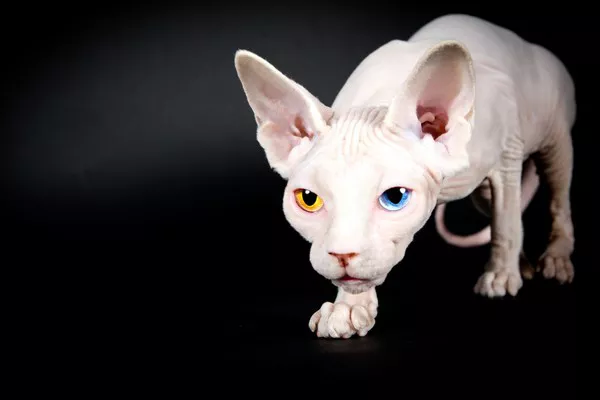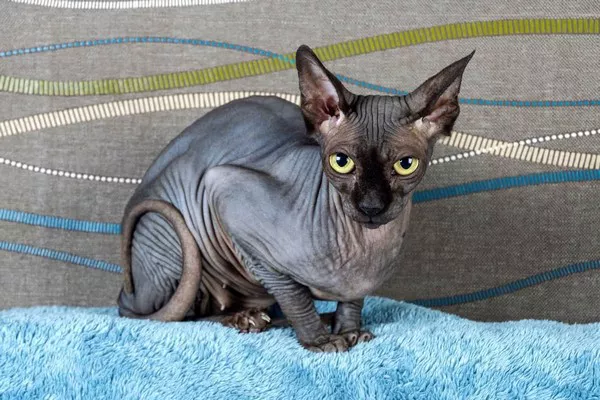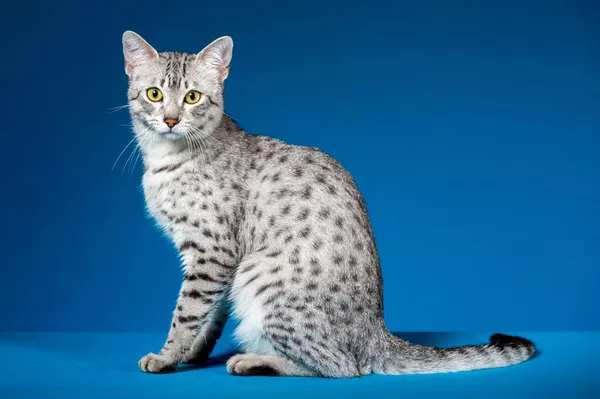Sphynx cats are unique and captivating creatures known for their lack of fur and their playful, affectionate nature. These hairless feline beauties require special care, including a well-balanced diet that meets their specific nutritional needs. Selecting the right food for your Sphynx cat is crucial in ensuring their overall health, maintaining their skin condition, and supporting their energetic lifestyle. In this comprehensive guide, we will explore the various factors to consider when choosing the best food for your Sphynx cat and provide recommendations for optimal feeding.
1. Understanding the Nutritional Needs of Sphynx Cats
Sphynx cats have unique dietary requirements that must be met to promote their health and well-being. As they lack fur, their body temperature regulation is different from that of other cats, making it important to select foods that provide appropriate energy levels and support their metabolism. A balanced diet for Sphynx cats should include:
High-Quality Protein: Sphynx cats require a diet rich in high-quality animal-based protein sources for optimal muscle development and overall growth. Look for premium cat foods that list real meat as the primary ingredient.
Essential Fatty Acids: Since Sphynx cats have no fur to protect their skin, their epidermis is more prone to dryness and irritation. Including omega-3 and omega-6 fatty acids in their diet helps nourish their skin, promote a healthy coat, and reduce the risk of skin allergies.
Adequate Moisture Content: Sphynx cats may have higher water requirements due to their lack of fur, which can lead to increased moisture loss through their skin. Wet or moist cat food options can help maintain hydration levels and improve urinary tract health.
Digestible Carbohydrates: While cats are obligate carnivores, small amounts of easily digestible carbohydrates such as rice or sweet potatoes can provide a source of energy for Sphynx cats. However, it is important to avoid excessive carbohydrate content in their diet.
2. Types of Cat Food for Sphynx Cats
When selecting cat food for your Sphynx companion, you’ll encounter several options. Each type has its own advantages and considerations:
Dry Cat Food (Kibble): Dry cat food is convenient, cost-effective, and promotes dental health by helping to reduce tartar buildup. However, it may have lower moisture content and may not be as suitable for Sphynx cats who require increased hydration.
Wet Cat Food (Canned): Wet cat food provides higher moisture content, which can help keep Sphynx cats hydrated. It is often more palatable and easier to chew, making it suitable for cats with dental issues. However, storage and cost considerations should be taken into account.
Raw or Homemade Diets: Some owners opt for raw or homemade diets to ensure complete control over their cat’s nutrition. These diets can be tailored to meet specific needs but require careful planning, research, and consultation with a veterinarian to ensure balanced nutrition.
3. Selecting the Best Food for Your Sphynx Cat
Choosing the right food for your Sphynx cat involves considering multiple factors, including:
Consultation with a Veterinarian: It is crucial to consult with a veterinarian who can assess your Sphynx cat’s individual needs, health condition, and recommend appropriate dietary choices.
Reading Labels: Thoroughly reading and understanding cat food labels is essential. Look for foods that list high-quality protein sources, essential nutrients, and limited artificial additives.
Avoiding Allergens: Sphynx cats may be more prone to food allergies or sensitivities. If your cat displays signs of allergies such as itching, gastrointestinal upset, or skin issues, consider an elimination diet or allergy testing to identify and avoid potential allergens.
Gradual Transition: When introducing a new food, ensure a gradual transition over several days to avoid digestive upsets. Mix increasing amounts of the new food with the old food until the transition is complete.
Age and Health Considerations: Sphynx cats have different nutritional needs at various life stages. Kittens, adults, and senior Sphynx cats require specific nutrient profiles to support their growth, maintenance, and overall health.
Conclusion
Feeding your Sphynx cat a well-balanced diet is essential for their overall health and vitality. By considering their unique nutritional requirements, consulting with a veterinarian, and choosing high-quality cat foods, you can provide them with the best nutrition possible. Remember to monitor their body condition, adjust portions as needed, and maintain regular veterinary check-ups to ensure their dietary


























